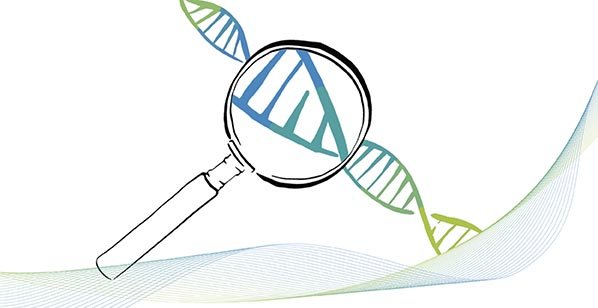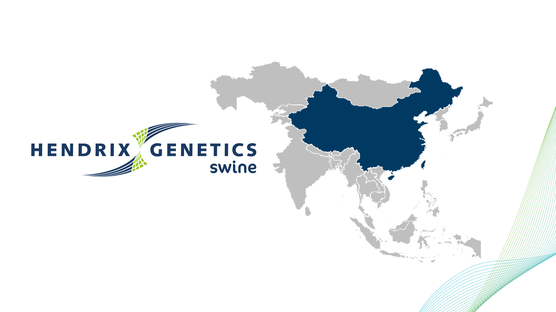
Published on Oct. 10, 2023
Position Statement on Gene Editing
Gene editing* is a rapidly developing technology with many potential applications, including in animal genetics. Hendrix Genetics does not currently use any form of gene editing but has made investments in research to evaluate potential applications.
Hendrix Genetics is committed to responsible farm animal breeding. We strive to meet growing global demands for food by supporting animal protein producers worldwide with innovative and sustainable genetic solutions. New technologies like gene editing can be part of our future solutions. Alongside delivering benefits to producers, our solutions must also meet the rigorous needs of consumers and society. Passionately driven to achieve global leadership in animal genetics, we also aim to contribute to setting the standard for sustainable animal breeding.
While we rely on Genomic Selection in our breeding programs, Hendrix Genetics does not currently use any form of gene editing or genetic modification. We, however, continue to closely monitor the rapid developments in gene editing and have made initial investments in research involving this technology to evaluate its potential application. Investment in research involving gene editing does not imply that Hendrix Genetics will necessarily use this technology in the future. Before using a new technology, we need to understand the full impact of it on animals, animal products and humans. We must be convinced of the added value of gene editing before entering any discussion on commercial application. Such discussion will not only cover technical issues but more important ethical and regulatory issues.
Hendrix Genetics sees several critical challenges ahead for gene editing that must be resolved before commercial application can even be considered. Hendrix Genetics will continue to serve a global market with a range of genetic solutions to meet the diversity in regulatory landscape and customer requirements. Even with satisfactory results from research, Hendrix Genetics would only ever consider gene editing for applications when it clearly outperforms any alternatives. It is very unlikely that we will use gene editing for realizing higher production. The most likely application of gene editing appears to be to improve the health and welfare of farm animals (including fish).
References:
*Gene editing is a biotechnology, in which the genome is altered in a very precise manner by inserting, replacing, or deleting a DNA sequence, typically with the aim of improving some characteristic



